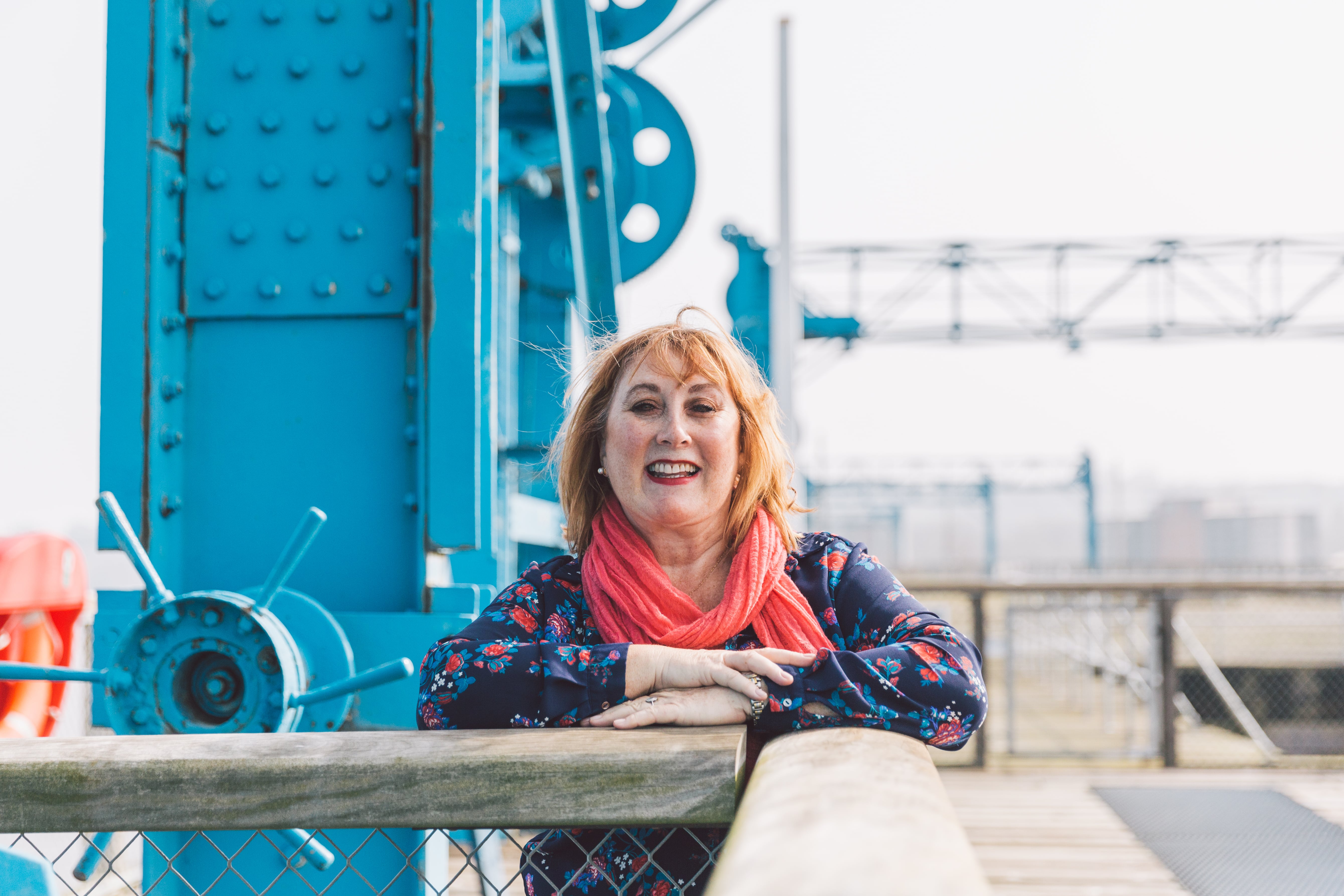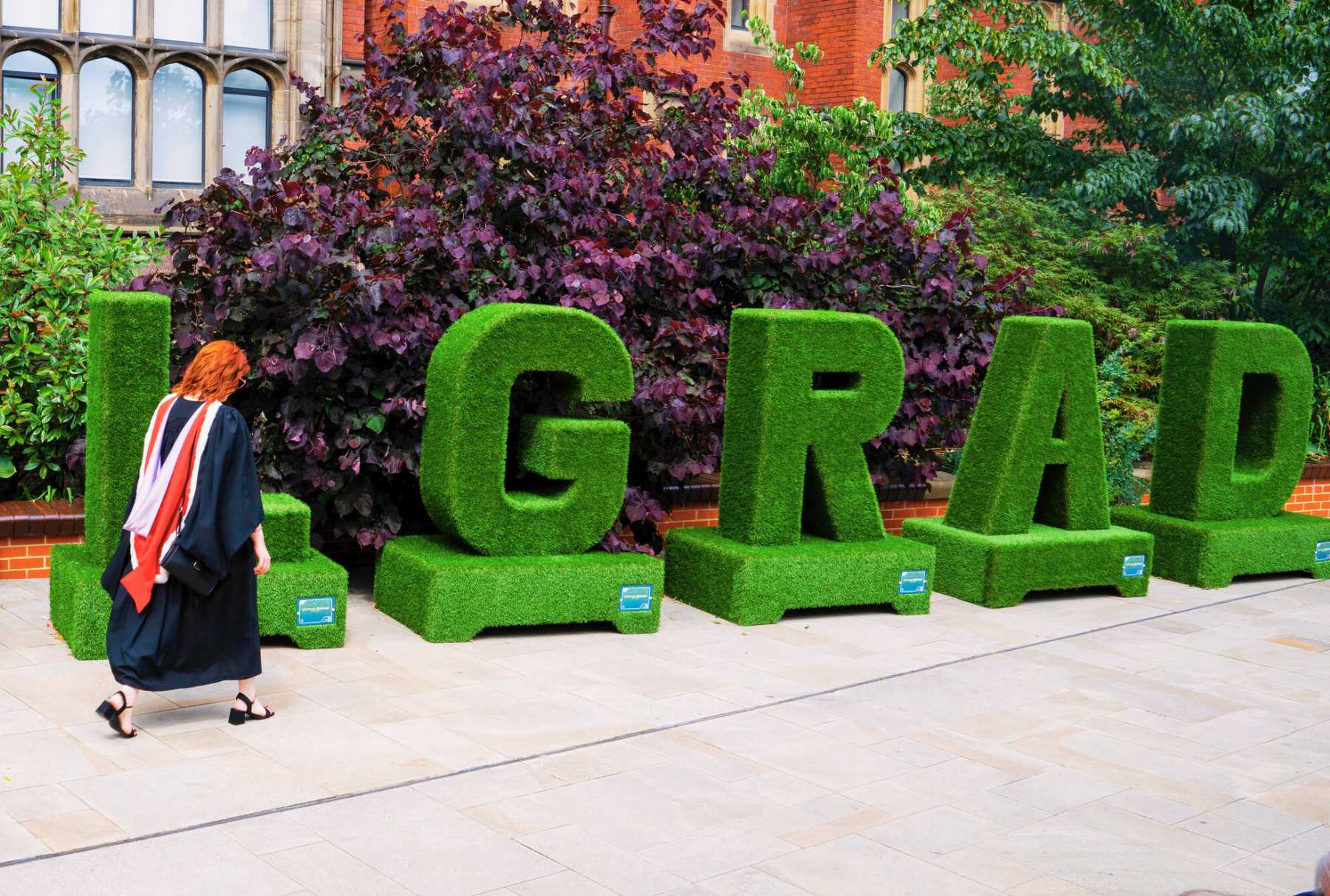Sue Wilson CBE
Graduated 1990. President at Emmaus North East and board member at Live Theatre.
"Widen your perspective. Having been a board director and a CEO, the MBA enabled me to undertake these senior positions. From now on, I will be bringing my skills to the third sector. I have already built a residence for a homeless charity and plan other capital projects for other charities, I think it is time to give back."
Career history pre-MBA
Tell us what you were doing when you started the MBA:
After studying Economics at Aberdeen University, I joined Ford Motor Company and became an Employee Relations Manager in various locations for 11 years.
I was then recruited by Vickers Defence Systems to bring modern manufacturing techniques to armoured fighting vehicle manufacture, becoming Director of Quality and HR on completion of my MBA.
Why did you choose to study your MBA?
I chose to study an MBA because I felt I would gain valuable knowledge that would ultimately help me in my career.

Career history post-MBA
What has your career been like post-MBA?
After my MBA, I have held senior positions in large companies; I rose to a board appointment at Vickers Defence Systems and then Chief Executive of the Newcastle Initiative.
Please describe what your current role entails:
I am a portfolio person, undertaking assignments in business and third sector, largely in the North East. I also sit on the Employment Appeal Tribunal hearing employment law cases, which is something I am passionate about. I also do some writing and have a property portfolio.
I am Chair of EMMAUS North East, a charity that provides homes and meaningful employment to formerly homeless and socially excluded people in the region.
I am also a board member of Live Theatre, supporting the company’s expansion and development, ensuring the business has a lasting positive legacy in the North East.
How do you feel the MBA contributed to your career?
I have held senior positions in my career, having been board director and a CEO, the MBA widened my perspective and enabled me to undertake these senior positions.
What are you most proud of in your career?
The thing I am most proud of in my career is restructuring the workforce at Leeds when Vickers Defence Systems acquired the Royal Ordnance Factory enabling a low-cost base and profitable operation. It was a huge undertaking and had a positive impact on the company.
What’s next?
From now on, I will be bringing my skills to the third sector. I have already built a residence for a homeless charity and plan other capital projects for other charities, I think it is time to give back.
I think alumni should continue to be involved with the Business School when they leave... We are examples of the practical application of the knowledge.
Your degree
Why did you choose to study at Newcastle University and what did you most like about the city?
I was able to do the Executive MBA on day release from my job in Newcastle, so it was a convenient choice for me. I had come back to Newcastle in 1986 from being in Aberdeen for some time and had missed its compactness and large cultural offer.
What did you think of your MBA experience? What were the best bits, what was unexpected etc.?
During my time on the MBA, I really enjoyed mixing with people from other industries and hearing their different viewpoints and experience. I think alongside academia, this was a contributing factor to broadening my knowledge.
What lecturers/tutors/staff do you remember well from your time at Newcastle?
I remember Professor Colin Gallagher well!
Giving back
What advice would you give to someone considering doing an MBA?
I would say to someone considering doing an MBA, to get some work experience first. Get a solid understanding of business and how business works to really get the most from the degree.
Since graduating, have you kept in touch with classmates?
I have kept in touch with some of my classmates.
For what reasons do you think it is important for alumni to be involved with the Business School?
I think alumni should continue to be involved with the Business School when they leave to provide role models and to help with lecture programmes. We are examples of the practical application of the knowledge, so what better way!
